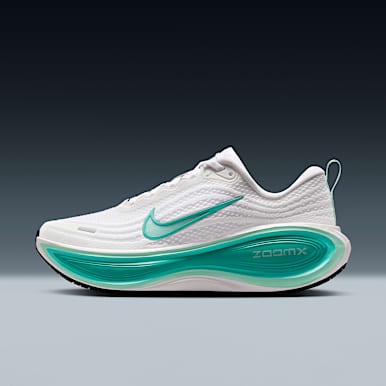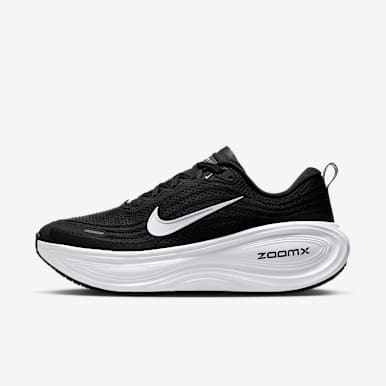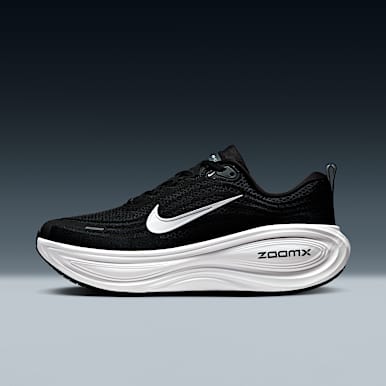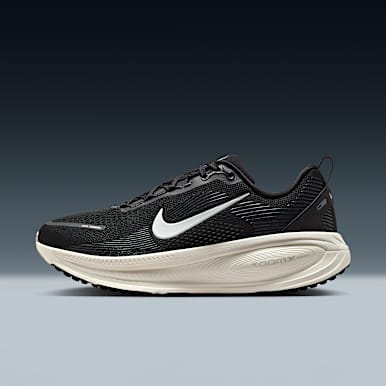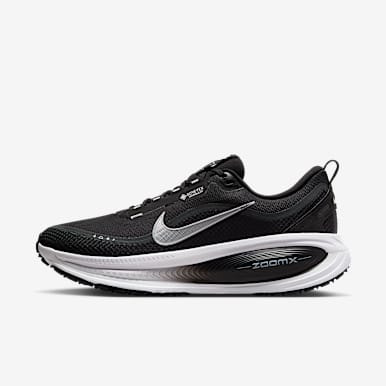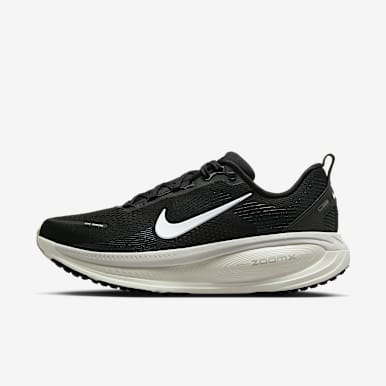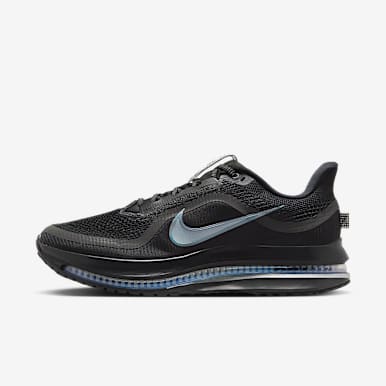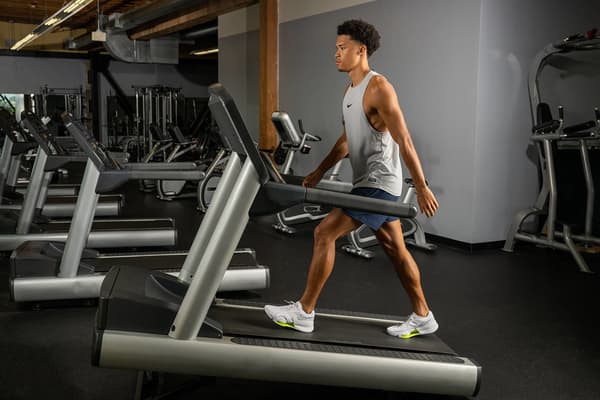Why Do My Feet Go Numb When Running? Experts Explain
Sport & Activity
Having part (or all) of your foot go numb during a run is common, but the cause isn't always obvious. Here are some possibilities, along with prevention steps.
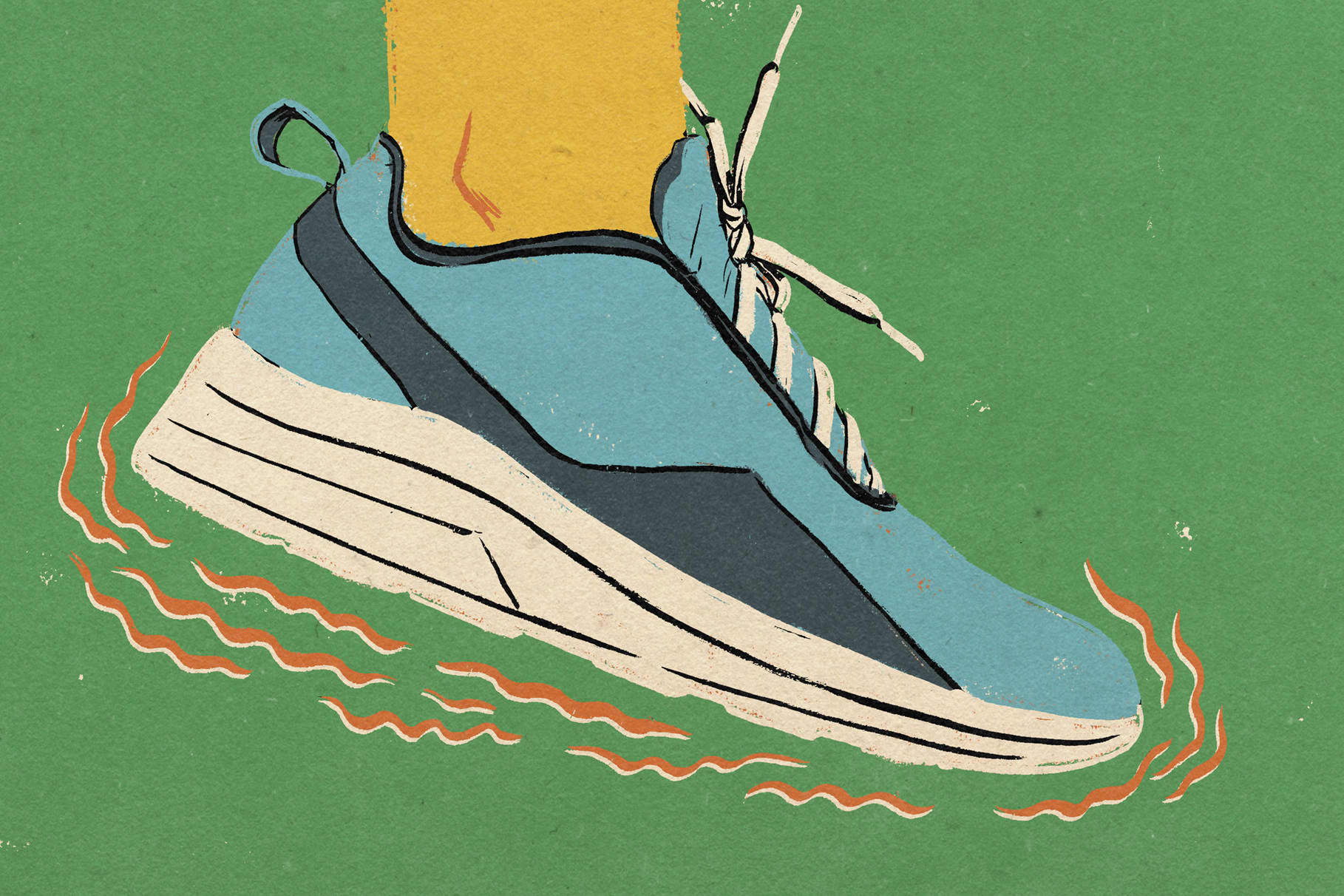
Imagine going for a run and feeling a tingling sensation in your feet. Then, all of a sudden, your entire foot goes completely numb—from heel to toe. As a physiotherapist who specialises in athletic performance, Carol Mack, DPT, CSCS, said she hears about symptoms associated with numb feet fairly often—especially from runners.
"Onset and severity can widely differ", she said, "from a loss of sensation as soon as the run begins, to gradual numbness as the miles stack up". In some cases, you may only have one foot go fully or partially numb. For instance, you may only experience toe numbness.
"There's no single cause for why numbness happens", she said. "Instead, there are several reasons this could be happening, from poor footwear to gait issues to nerve problems".
According to the Institute for Preventive Foot Health, 7 percent of US adults have experienced numbness in their feet. Here's a look at some potential causes, along with prevention strategies. Most importantly, experts explain the key signs that it's time to see a doctor.

Poorly Fitting Footwear
"The first aspect to consider if your feet are going numb while running is your footwear", Mack said. Even if you've had the same brand and style of running shoes for years, this can still be one of the biggest culprits.
"For example, a narrow toe box can cause the issue due to constriction and nerve compression", Mack said. "This is easy to fix by trying a different model of shoe with a wider toe box".
Other factors might be cinching laces too tightly, which can have the same compressive effect on your feet, according to podiatrist Sidney Weiser, DPM. "Your feet naturally swell when you run, so it's important not to wear sneakers that are tightly laced, so you can accommodate the natural swelling", he said. That's why loosening your shoelaces is usually the first step to alleviating symptoms.

Running Gait
"The way you run could be prompting foot issues, even if your issue is in the upper body", Weiser said. Tightness in the shoulders and chest, or swinging your arms too far away from your sides, can throw off your form in a way that inhibits adequate blood flow to the lower body.
"It's important to relax your upper body when you are running and have your arms close to your sides, because if your body is stiff or if you clench your hands, you are exerting energy in your shoulder and hands", he said. "Exerting energy uses more oxygen, and it takes more blood to deliver the oxygen needed for the muscles and tissues. And that can cause tingling and eventually numbness".
"Foot strike is another consideration", Mack added. "If you're landing heavier in certain areas of the foot, such as the heel, and doing that over long distances, it puts pressure on the same nerves over and over", she said. That can lead to inflammation and numbness as a result. One study looking at landing heel first—called overstriding—found that this puts the feet in contact with the ground for too long, and that can put more pressure on nerves in the foot.
That can happen more if you run only on the same type of surface, such as tarmac, according to Vivek Babaria, DO, interventional spine and sports medicine doctor.
"Adding more variety into your run in terms of terrain is beneficial in many ways, including for foot health", he said. For example, your joints and ligaments need to adjust when you run on surfaces like gravel, a trail or grass.
"That's a good thing, because it recruits different muscles for stability and support, and helps prevent overuse injuries, which happens when you're always using the same muscles repeatedly", he said.

Medical Conditions
In some cases, numb feet when running might be related to a more serious concern, to the point where they might be red flags that something deeper is going on. Here are some possibilities:
- Herniated discs: Also known as slipped discs, this can happen as a result of ageing or an accident. When discs are out of alignment, they can cause nerve compression in the legs and feet.
- Raynaud's disease: A condition involving smaller arteries that constrict in response to cold, and usually involve the fingers, toes, ears and tip of the nose.
- Peripheral neuropathy: A type of nerve damage that can affect the feet, with sporadic numbness in its early stages. Numerous conditions can prompt this type of effect, including diabetes, Guillain-Barré syndrome and complex regional pain syndrome.
- Cardiovascular disease: An issue like heart disease can not only cause swelling in the legs, but also affect the blood supply, which can lead to pain, achiness, burning and numbness. In this case, the numbness tends to dissipate quickly once you stop running and rest.
- Sciatica: The sciatic nerve is the longest and thickest nerve in the body, running from the glutes to the feet. If it becomes irritated, inflamed, compressed or pinched, it can result in pain and numbness anywhere along that nerve path.
- Neuroma: A neuroma is a benign tumour of nerve tissue that usually develops as a result of injury to a nerve. There's a type called Morton's neuroma that affects the ball of the foot and, most commonly, the area between the third and fourth toe on one foot.
"Foot numbness is present in a number of conditions and it's very common", Babaria said. "That's why your doctor might ask about your feet if you have an issue like diabetes or congestive heart failure".

Hydration Imbalance
"Dehydration can cause swelling in the feet because it may lead to constriction of blood vessels, as well as water retention", Weiser said. That can exacerbate the already natural tendency towards swelling during a run, and lead to more nerve compression.
"Remember to put some electrolytes into your water bottle", he added. Over-hydration with water alone—a situation called hyponatraemia—can also cause this kind of swelling because it flushes sodium out of the blood and the body reacts with water retention to this, too.
With both dehydration and over-hydration, you'll probably experience more symptoms than just numbness in your feet. Swelling in both of these cases can also affect your ankles, face and hands—and with either type of hydration issue, you're more likely to get muscle cramps. Keeping track of signs like these can help you modify your hydration mix so it works better for you.

How To Avoid Foot Numbness When Running
Whether the numbness lingers for a bit post-workout or it clears up as soon as you stop running, weigh up the potential causes and consider making modifications accordingly.
Most notably, trying different footwear, striking a balance in terms of hydration and assessing your running form can all go a long way towards preventing numbness. "Just making sure your running shoes fit properly is a great first step to avoiding the issue", Mack said.
Another tip? "Pay attention to sensations in your feet periodically throughout the run", Weiser added. Feet rarely go from feeling fine to being totally numb. As you pick away at miles, there may be subtle warning signs that may prompt you to adjust your shoelaces or pay more attention to your running form.
"It's similar to your stomach growling when you are hungry", he said. "When your muscles are not receiving enough blood flow, that means they're not getting nourishing oxygen. They start to tingle as an indication that they need more blood and oxygen".
When To See Your Doctor
There are several items above that can be tweaked on your own to see if they alleviate numbness, especially a change in footwear or shifting your running gait and overall alignment. But there are some situations where you should consult with your doctor about the problem. These include:
- The numbness persists for the rest of the day or longer after a run, especially if it's been a week and there's no relief.
- You have numbness every time you run, no matter what you change, including distance and intensity.
- You have other issues alongside the numbness, such as nerve pain in other parts of the body, like a leg or in your glutes and lower back.
- The numbness is replaced by pain when sensation does return, particularly acute pain that makes it more difficult to walk.
"The goal, as it is in any medical situation, is to identify a root cause as early as possible because treatment is easier at an earlier stage", Babaria said. "This issue may start out as annoying and occasional, but when it becomes chronic or there's pain, it's important to get it checked out so you can go back to running strong as soon as possible".
Words by Elizabeth Millard, ACE CPT.
